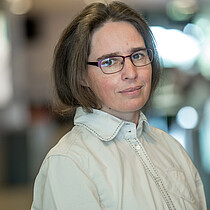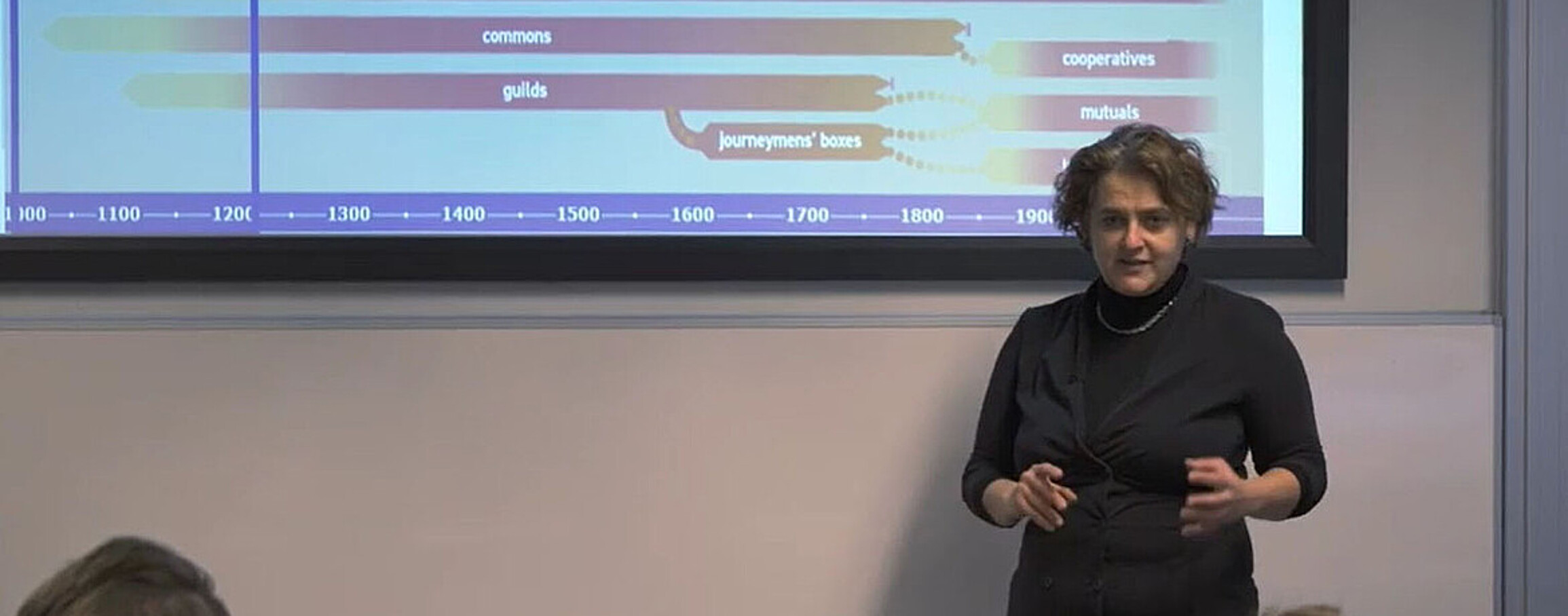
Institutions for collective action are organisations formed from below by the immediate stakeholders, whose aim is to work together to pursue personal (material) and societal interests. RSM’s research team Institutions for Collective Action (ICA) also studies the phenomenon of social enterprise, that is, organisations in which the pursuit of societal impact is part of their business strategy.
In addition to researching labour market participation and household formation patterns over the past millennium, the ICA research team has studied issues such as:
- care and energy co-operatives developed over the past decades
- initiatives of citizens involved in short-chain food supply
- the formation of platform co-operatives
- and the renewal of the mutual as a form of insurance for the self-employed.
Longitudinal approach
Taking a longitudinal perspective – that is, making observations over time – is essential for reporting on the resilience of institutions for collective action. In the past and in the present, institutions have always needed time to establish themselves and adapt to the requirements of the people involved. Moreover, examining their longevity in combination with the threats and incentives they encountered adds to our understanding of the factors that make a co-operative succeed or collapse.
Interdisciplinary
The ICA research team takes an interdisciplinary approach. It’s based in the department of Business-Society Management at RSM, where the team of researchers includes not only management scientists, but also historians, anthropologists, sociologists, and representatives from other complementary disciplines. By learning from each other’s approaches and integrating insights, together the researchers build theories about sustainable institutions for collective action.
Participatory
The activities of the ICA research team go beyond theories. Team members aim to involve citizen collectives in their research (this is ‘citizen science’) and will return what they learn to society. To do this, the ICA team is developing a knowledge platform called Collectieve Kracht that will encourage and facilitate the interchange of expertise among collectives of various backgrounds, and so help institutions for collective action to evolve into dynamic and resilient organisations.
For more details on ICA's research and activities (i.e. case studies, debates, events and glossaries) visit www.collective-action.info or www.collectievekracht.eu (in Dutch).

Research Officer
